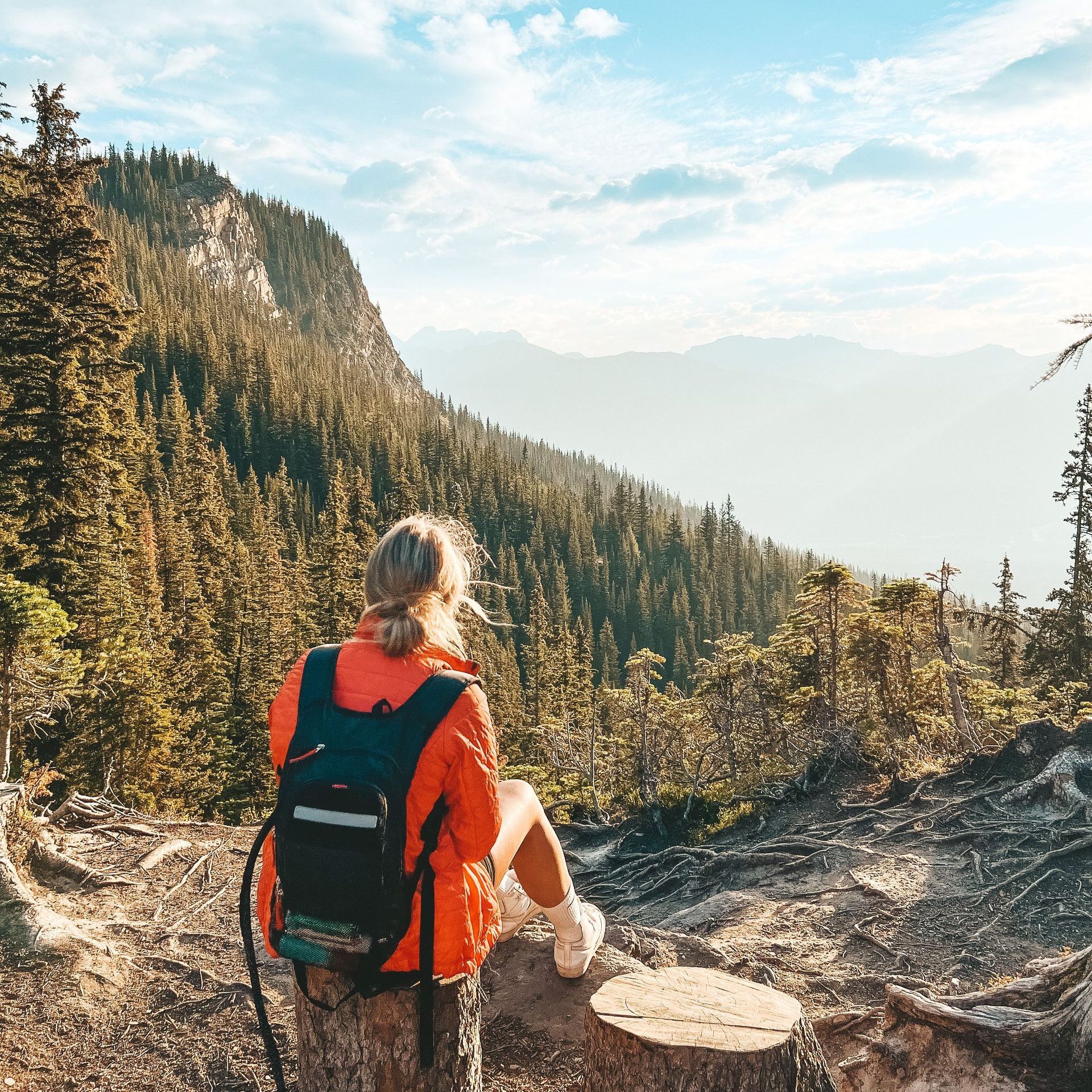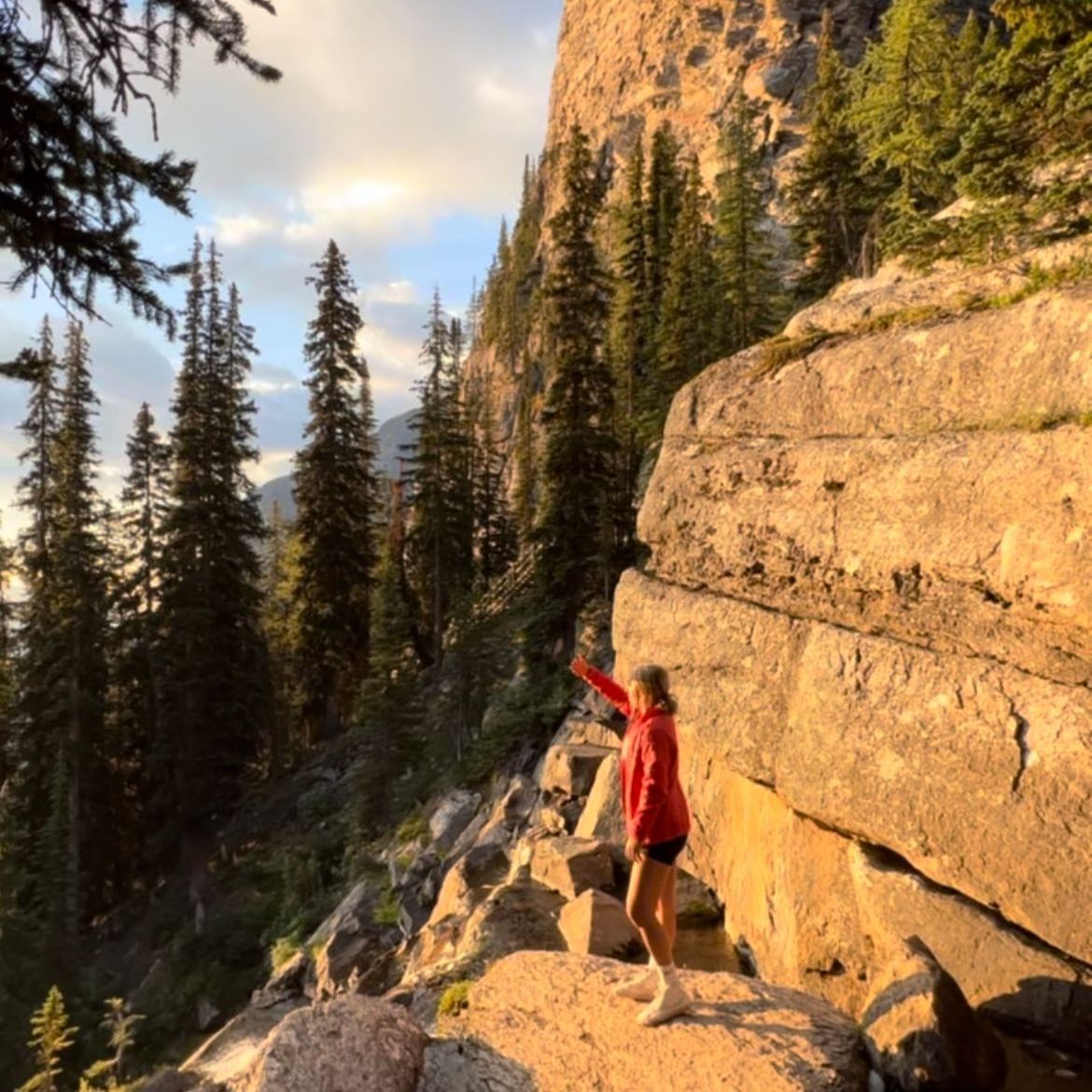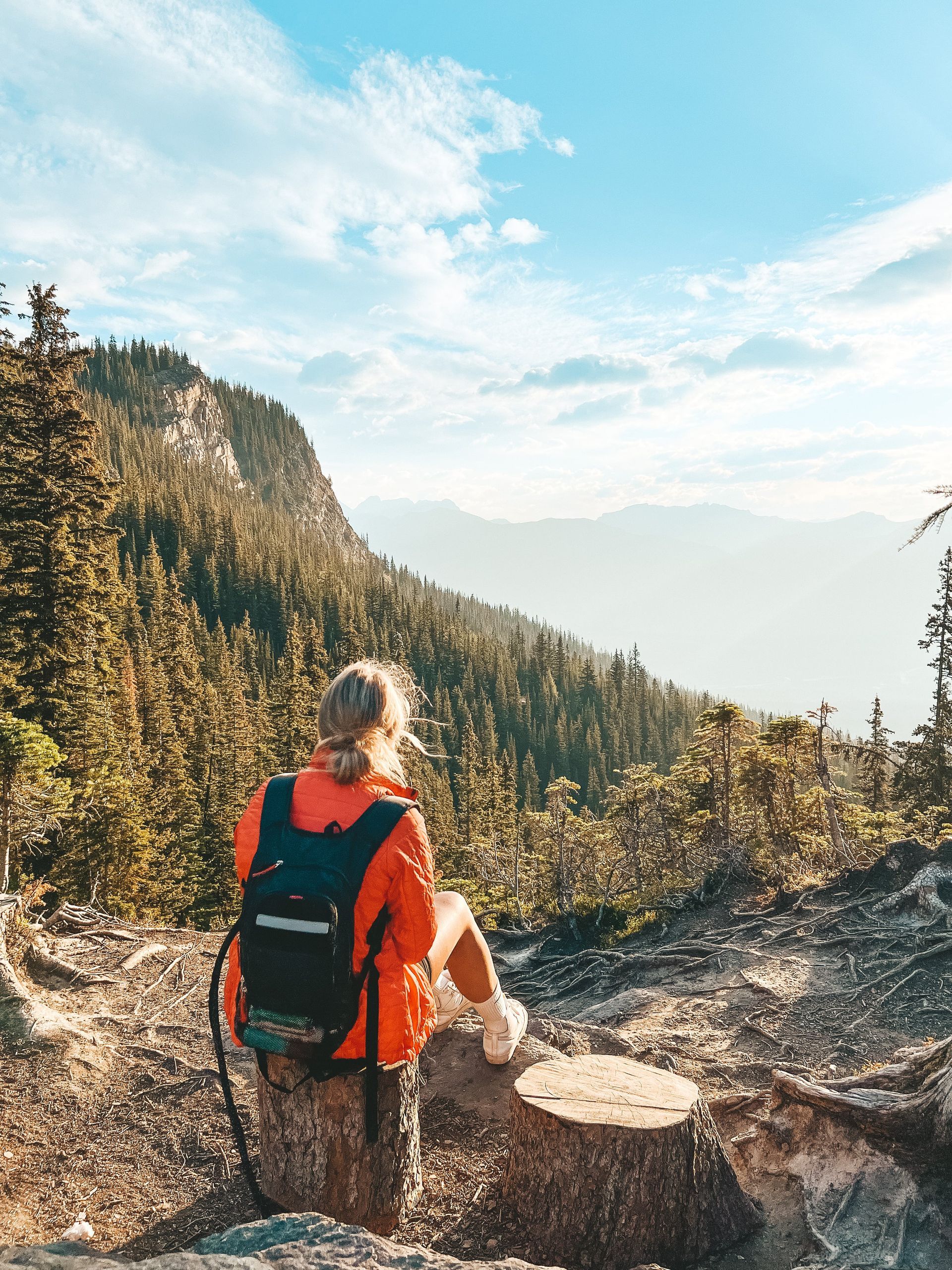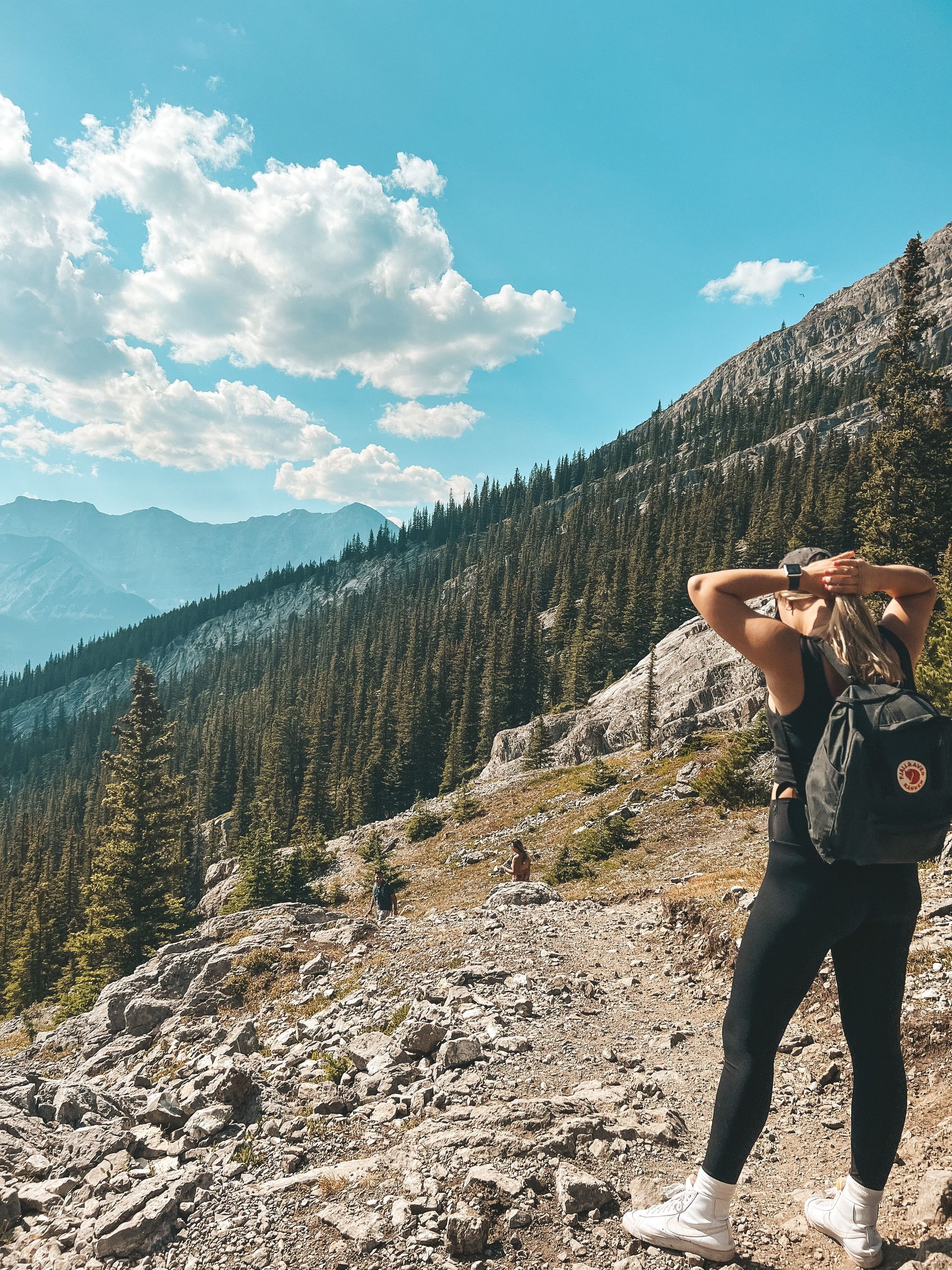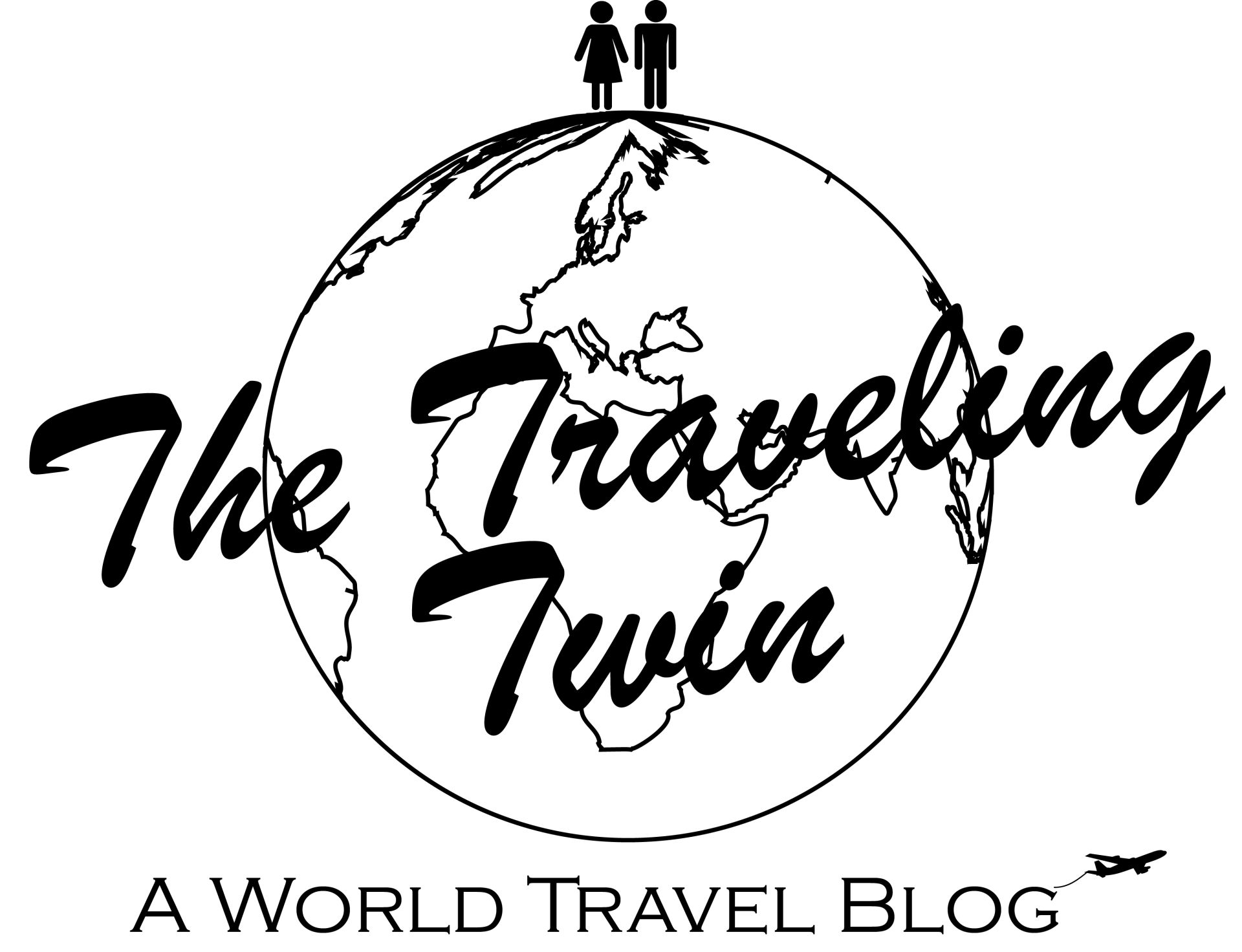
CANADA
Canada is one of the most underrated and yet beautiful countries in the world. When a lot of us hear the word "Canada", we think "Niagara Falls", "hockey".... maybe even "maple syrup". But what about Banff National Park? What about the hiking trails and turquoise water? To me, those definitely deserve a spot on your vacation list. Read below to learn more about why you should visit Canada.
FACTS ABOUT ...
LANGUAGE
There are two official languages that Canadian residents usually speak on a day-to-day basis: English and French.
CURRENCY
Canada's currency is the Canadian dollar (CAD), which comes in notes of 5, 10, 20, 50, and 100. They do not universally accept the USD.
TIME DIFFERENCE
The time difference depends on where you are in Canada. Compared to EST, they can be anywhere from 2 hours ahead to 3 hours behind.
FOOD
A few foods Canada is known for include Poutine, Bannock, Butter tarts, and Montréal-style bagels. Make sure to try these on your trip!
Banff National Park, Niagara Falls & More
experience the beauty of canada
Ok, I'll tell you the truth- Canada was not always at the top of my bucket list. Being a US citizen and feeling so close to Canada, I never really felt compelled to visit. I thought it was pretty much the same as where I was from, where there are definitely some differences from state to state but nothing overwhelming, shocking, or exciting (aka all the things I like to feel when visiting a country). But BOY, was I so wrong.
Banff National Park made its way on my bucket list quickly. A couple of years ago, I started seeing pictures and videos on social media of the most breathtaking hiking spots I'd ever seen, and I was dying to see them for myself. Upon doing some of my own outside research, I found out that the pictures were all of Banff National Park in Alberta, Canada. And with some more research and careful planning, I was on my way to this magnificent place just a couple of years later. Now, I'm here to tell you alllllll the things about my travels in Canada so you can go and experience this magical place for YOURSELF!
Learn What Canada Can Offer You
Looking for a place where you can go and experience the gorgeous outdoors, but that's outside of your typical stomping grounds? Canada can be a great place to visit, especially if you live in the USA and are looking for somewhere relatively close but still new, exciting, and out-of-country. To learn more about Canada and a few must-see things to add to your itinerary when visiting, scroll down. I've written quite a few resources to help guide you!


